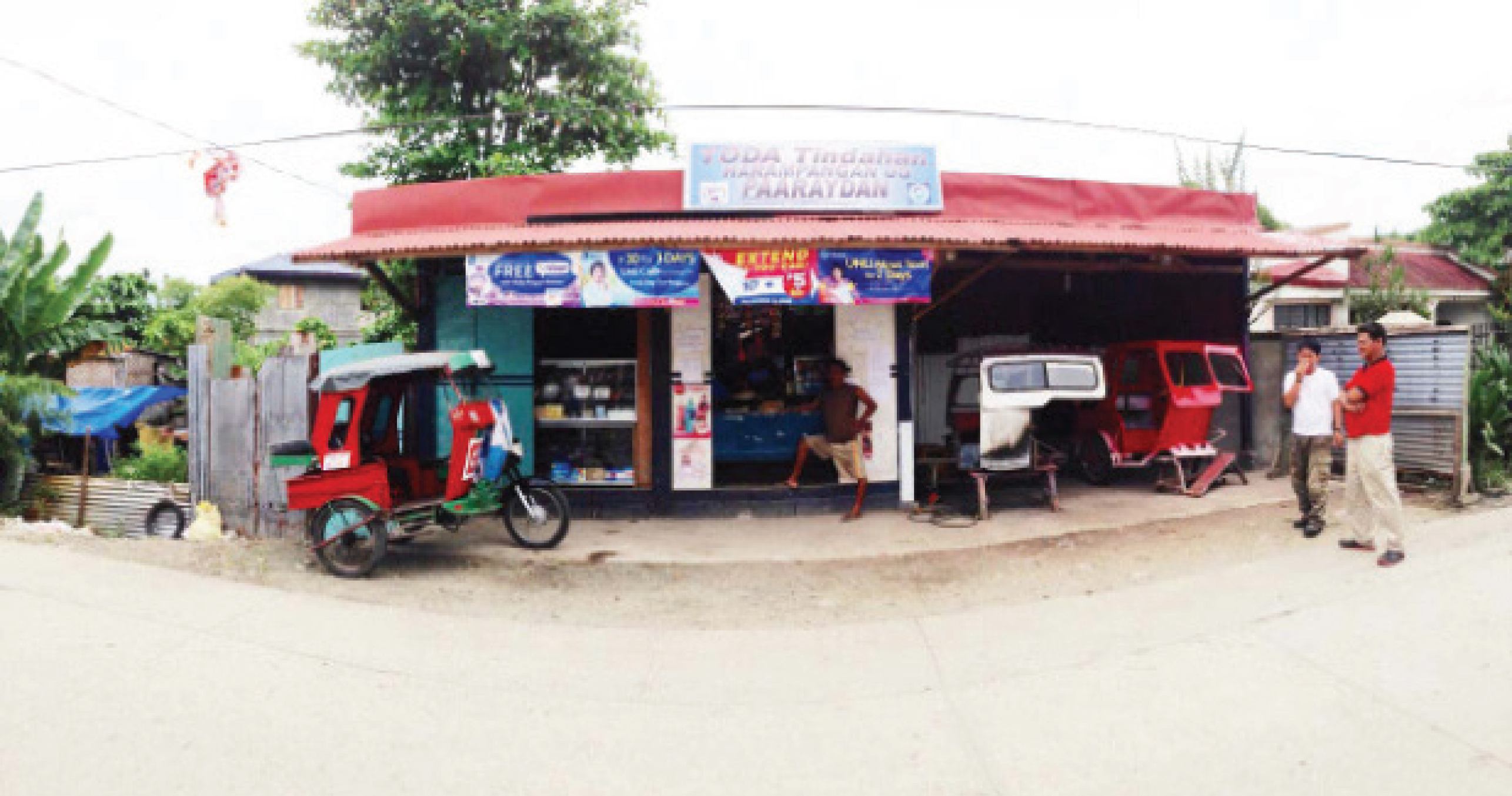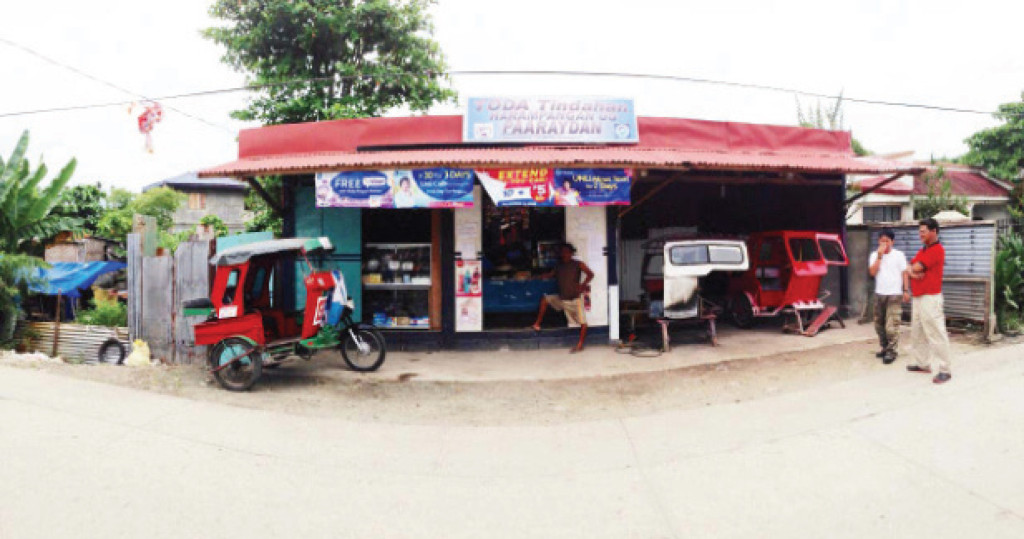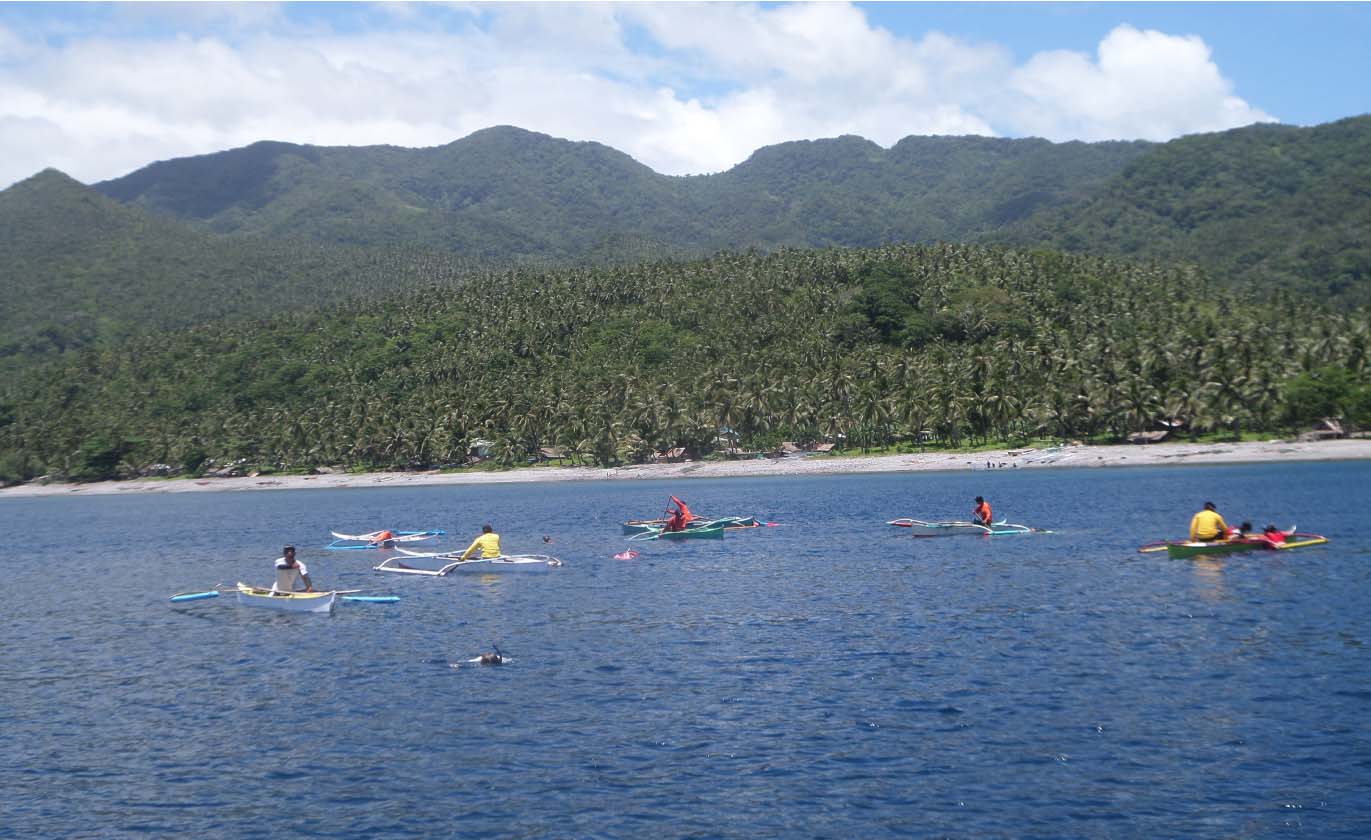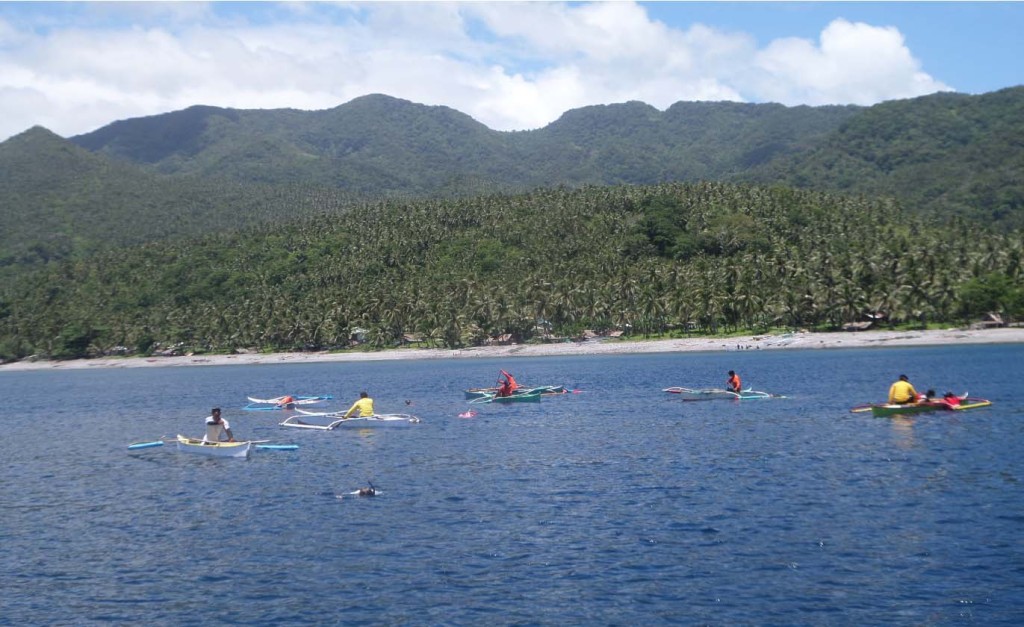TACLOBAN CITY – The Department of Public Works and Highways (DPWH) in the region is ready to take over the United States-funded road upgrading project in Samar provinces if works will not be completed within the time table. DPWH Assistant Regional Director Edgar Tabacon said the road network has been existing even before the implementation of USD214 million Secondary National Roads Development Project (SNRDP) in late 2012.
“We have maintained those roads for several years. We are ready to continue what the project will not be able to cover after expiration of contract,” Tabacon said. The official, however, admitted that rehabilitation activities of the of the 222-kilometers road stretch from Paranas, Samar to Guiuan, Eastern Samar has slowed down in 2012 and 2013 since they are waiting for the full rehabilitation project.
Tabacon assured that DPWH regional office has the capability to build a road with the same US standard since international and Manila-based contractors tapped local contractors as partners.
“These contractors have been working with us for many years and their resources have been used by the Millennium Challenge Corporation (MCC) to implement the SNRDP,” Tabacon told reporters.
The DPWH made the statement after the MCC asserted that it will not extend the project despite implementation delays incurred by the project this year. Two of the four segments of the US-funded road project have been delayed, raising concern of the consequences of incomplete projects beyond the May 25, 2016 timetable. Unfinished works will have to be continued by the Philippine government through the DPWH.
Overall, of the 222.23 kilometers of the road length from Paranas, Samar to Guiuan, Eastern Samar, only 120.56 kilometers or 68 percent have been paved by contractors. (SARWELL Q.MINIANO)




